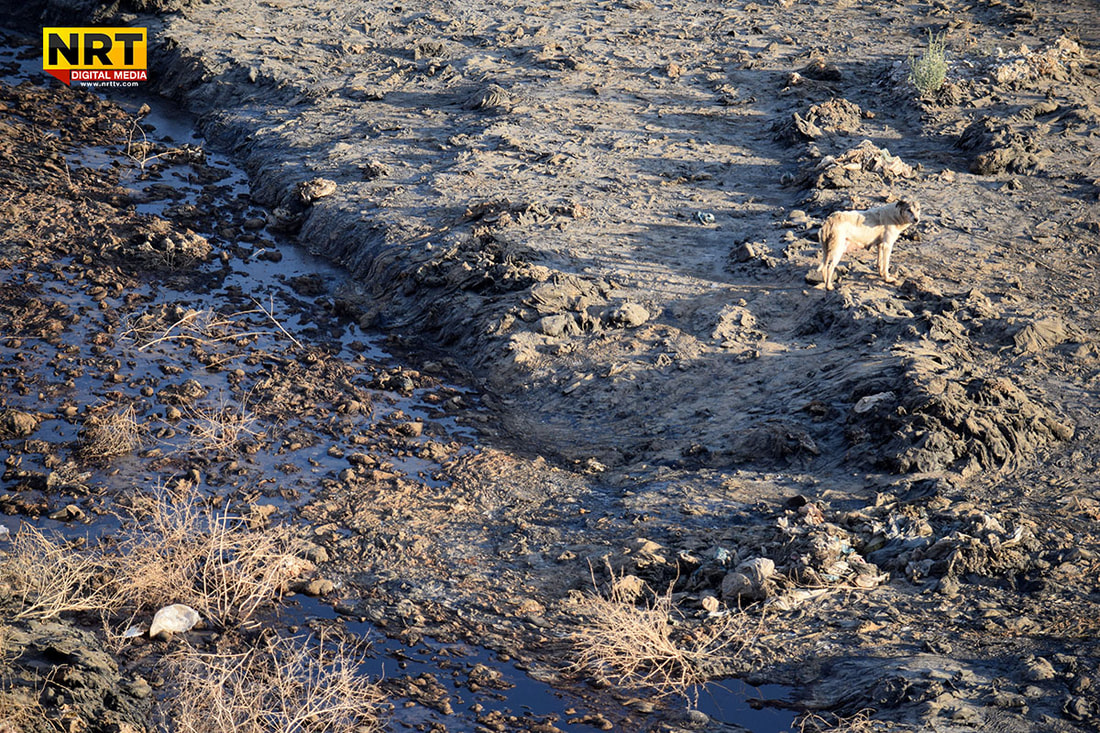|
As a result, those charged by the government with leading environmental protection measures are deprived of dedicated and steady financing streams that are “more than enough to provide support” for the Board’s operations and allow it to expand its activities, former head of the Environmental Board Hallo Mustafa Askari told NRT in an interview.
Instead the money goes directly to the KRG’s Ministry of Finance and Economy, which rarely allocates it back to the Board. “Our laboratories are not up to date. We need new technologies to inspect factories and cities. We have one air quality monitoring station in Sulaimani and one in Erbil…both of which are out of operation due to broken parts,” Askari said. “It’s a disaster,” he added.
0 Comments
|
Website manager:
|
- Home
- News
- Experience Wilderness
-
Projects
- Enki Talks
- Tanjero River Threat Assessment Assessment & Outreach Project
- Human and Environmental Security in Iraq in Covid Time
- Reconnecting With Our Life-Blood
- Water Data & Reports >
- Environmental Law and Advocacy Project
- River Watch
- Lesser Zab Threat Assessment & Action Planning
- Rawanduz River Kayak Expedition >
- River Ecosystem Health Project >
- Tigris River Flotilla
- Watershed Assessment for Threatened Fish in Halgurd-Sakran Park
- River Murals & Festival
- Mesopotamian Youth Project
- Outreach & Education >
- About

